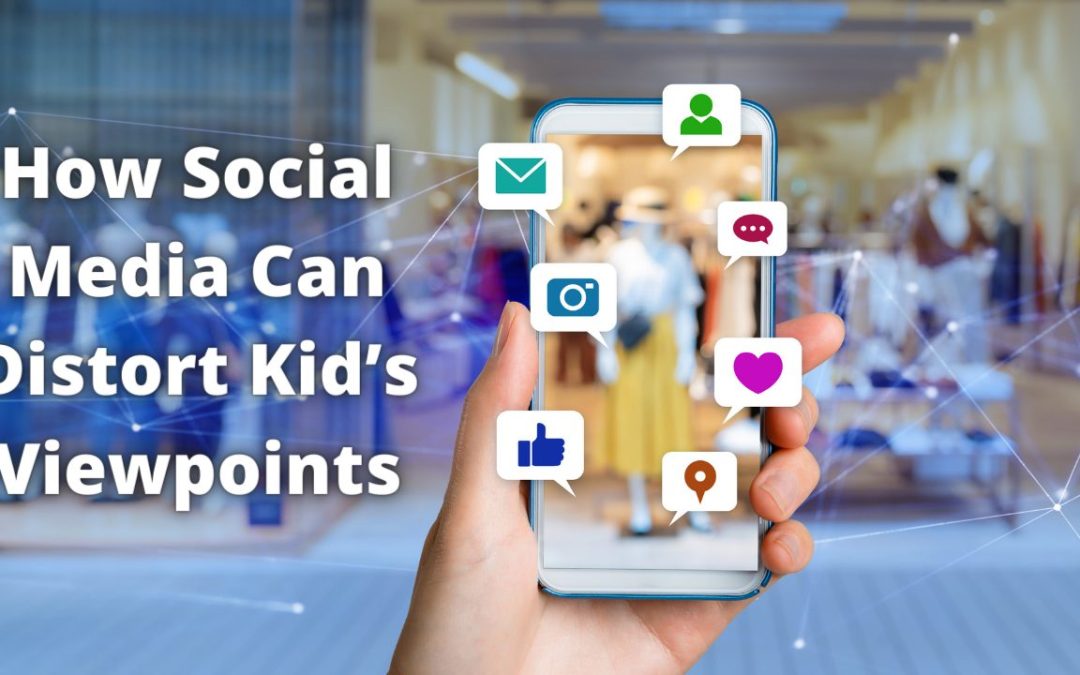It’s probably not news to most parents how social media can present a distorted world to younger kids. With how readily accessible and one-sided it can be, parents may not see how much it can affect their kids until it’s too late.
Growing Up Digitally
Most older generations had some semblance of technology either while growing up or already an adult. Growing up and being introduced to technology is much more different than being born into tech; most 3-5 year-olds can open phones and scroll different apps! And with so much different information out there, it can become overwhelming having constant access to it. Viewing the world through mostly social media means children aren’t exposed to other perceptions and varying personalities. Instead, they may only see individuals acting stupidly or talking about different topics without knowing all the facts themselves. Not only can social media give your children misinformation, but it can very easily show very skewed viewpoints about their bodies, money, and more.
Highlighting Vanity
Social media definitely places a huge importance on appearance, and it never lets that up. Most posts and pictures of people are like glamour shots; capturing only perfection. It’s always at the right angle, the right lighting, the right makeup, etc. And if someone doesn’t have the perfect shot (which really, no one will), they can easily use filters and other enhancing tech to make it look like they are stunning. Seeing posts like this time and time again can make it seem like your child needs to have perfect hair, skin, eyes, everything, in order to post and be popular. They won’t necessarily know that a photo is doctored online. And if you aren’t able to explain to them the importance of self-worth and inner beauty, they may not realize these truths until they’re older.
Fame Online
Another ideology from social media is instant fame and how it can seem easy for people to become popular online. Kids need to understand that this isn’t meaningful in the long run, and that it doesn’t matter how many “Likes” or followers they may have. It’s far too easy for them to think those numbers represent their worth, and some kids have a hard time differentiating between the two.
If you set clear lines on what makes a person unique and how they can express themselves in a positive light, this can help them utilize social media in a fun and engaging way!
Katie Kyzivat

